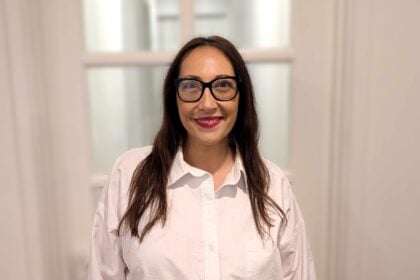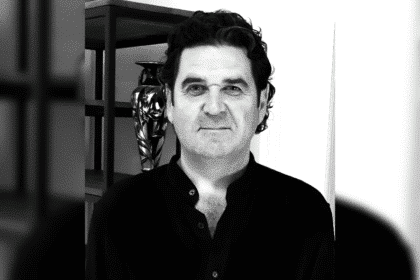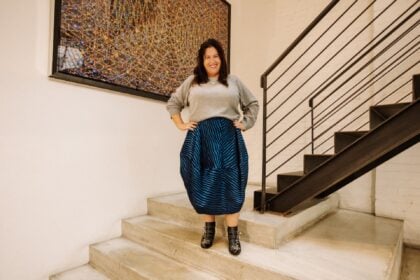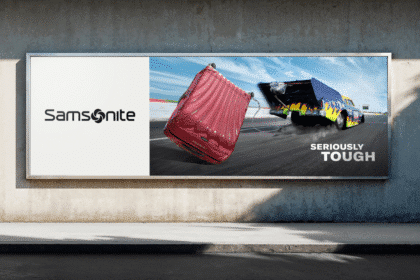Adland might be touting gaming as its “next frontier”, however a new study out of the US may well be food for thought.
The study by mental health organisation Take This revealed that people who play video games – or gamers, as they’re more commonly known – tend to be more racist and sexist and can show more “extreme behaviours” than the rest of us.
The study, which you can read in full HERE, was based on the findings of 300 hardcore gamers. Although their age and gender was not revealed.
According to the results, Call of Duty players were more likely to be racist and misogynistic than those who spent their time playing Minecraft.
It determined: “Gamer communities represent a double-edged sword. On the one hand, they may provide a sense of connection and purpose for individuals who suffer from loneliness and insecurity. On the other hand, they may expose gamers to hateful speech and social toxicity that can increase their susceptibility to extremist propaganda.
“In the worst-case scenario, gamers may be lured into embracing extremist beliefs that lead them down the path to radicalisation,” the survey revealed.
Doctor Rachel Kowert headed the research and told Vice: “When the gamer identity is core to who you are as a person, that seems to reflect what we call toxic gamer culture, tends to reflect more exclusion than inclusion — so things like racism and sexism and misogyny.”
Kowert added: “All these things that we know exist in gaming spaces seem to be internalised by those who very closely identify as being part of that community.
“We have individual identities and social identities. So I am Rachel, I am a female, and I’m a gamer. I love ‘The Witcher’. These are my social identities and are separate.
“Identity fusion is when the social identity, the individual identity, fuses together and you can’t tear them apart … The way in which fusion is shown to develop makes them more susceptible to more extreme behaviours.”
The results of this report shouldn’t be overly surprising. Big name esports figures and streamers are frequently outed for misogynistic and racist behaviour, and even the United States Department of Homeland Security has funded a grant to study the radicalisation in some gaming communities.
Again in the US, white supremacist groups have reportedly infiltrated gamer groups to find new recruits.
However, it should be noted that this is only referring to a small and toxic portion of the gaming community, with billions the world over playing video games, it also has to be said, for most parts, there are many positive communities and elements that can and do exist within gaming culture.
Meanwhile, another recent study of nearly 2000 children found that those who reported playing video games for three hours a day or more performed better on cognitive skills tests involving impulse control and working memory compared to kids who had never played video games.








